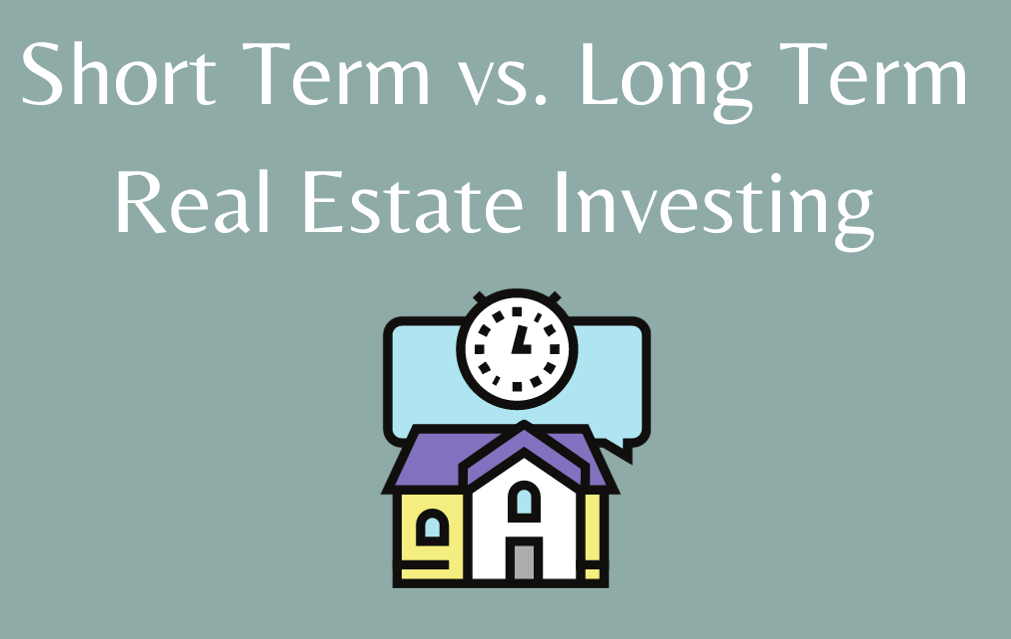Real estate investment offers a multitude of opportunities for investors to build wealth and generate passive income. Among the various avenues available, two popular options are long-term rentals and short-term rentals. Each comes with its own set of advantages and considerations. In this article, we will delve into the ups and downs of both, providing valuable insights to help real estate investors make informed decisions.
Long-Term Rentals: Steady Income and Lower Turnover
Pros:
- Stable Income Stream: Long-term rentals offer a steady, reliable stream of income. Tenants typically sign leases for a year or longer, providing investors with a predictable cash flow. *Make sure you are screening your property manager appropriately this is key if you’re not managing yourself.
- Lower Turnover Costs: With longer lease terms, turnover costs are generally lower. Finding new tenants and preparing the property for them is less frequent compared to vacation rentals.
- Less Management Intensive: Managing long-term rentals can be less time-consuming compared to vacation rentals. Once a reliable tenant is in place, there is often less need for constant oversight.
Cons:
- Potentially Lower Rental Rates: Long-term rentals may command lower rental rates compared to short-term vacation rentals. However, this is offset by the stability of income.
- Less Flexibility: Once a lease is signed, it may be more challenging to make changes to the rental terms or to access the property for personal use.
- Potential for Problematic Tenants: While thorough screening can mitigate risks, there is always the potential for difficult or non-compliant tenants in long-term rentals.
- Unfavorable Landlord laws: Some states may impose laws that make it cumbersome to evict a tenant or impose legislation that less favorable to the landlord. Understand the tenant/landlord laws in the state you wish to invest in is key here.
Vacation Rentals: Higher Income Potential and Flexibility
Pros:
- Higher Rental Rates: Vacation rentals often command higher nightly rates, especially in popular tourist destinations. This can lead to greater overall income compared to long-term rentals.
- Flexibility for Personal Use: Investors can enjoy their property for personal use during off-peak times, providing a dual purpose for the investment.
- Tax Benefits: Depending on your location and situation, vacation rentals may offer additional tax advantages, such as deductions for property management expenses.
Cons:
- Higher Turnover and Maintenance Costs: With guests coming and going more frequently, vacation rentals typically have higher turnover and maintenance costs.
- Seasonal Demand: Depending on the location, vacation rentals may experience seasonal fluctuations in demand, potentially leading to periods of lower occupancy.
- Intensive Management: Vacation rentals require more hands-on management, including tasks like cleaning, marketing, and handling guest inquiries.
Why Real Estate Investors Are Interested
Real estate investors are drawn to both long-term and vacation rentals for a variety of reasons:
- Diversification: By having a mix of both long and short-term rentals in their portfolio, investors can spread risk and capitalize on different market segments.
- Location and Market Demand: The choice between long-term and short-term rentals may be influenced by the local real estate market and demand in a particular area.
- Personal Preferences: Some investors may have a strong preference for one type of rental over the other based on their lifestyle, investment goals, and risk tolerance.
In conclusion, both long-term and short-term rentals offer unique opportunities for real estate investors. The decision ultimately depends on factors such as location, personal preferences, and investment objectives. Diversifying your portfolio by including both types of rentals can provide a balanced approach to wealth-building through real estate investment. Let RLG help you navigate which or how many of each is right for you. Happy investing!


